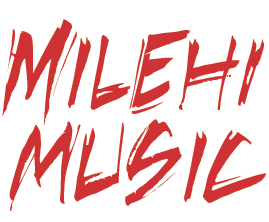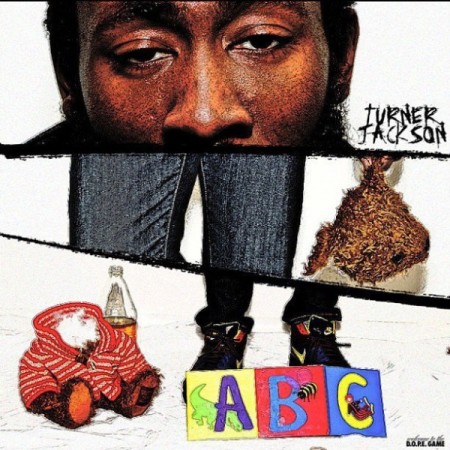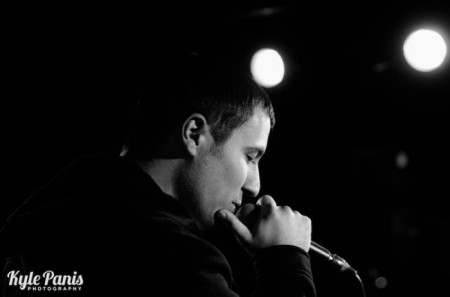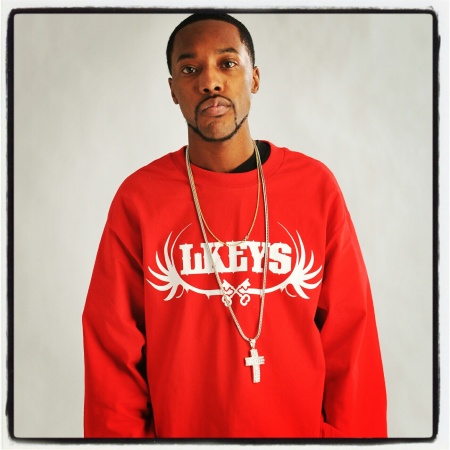Alphabetical Order: Turner Jackson Interview
The way he talks about peace and love Turner Jackson might be a little bit hippie. Then again; rock and roll emerges in his flirtations with drinking and drugs. If you catch him mid flow you might strap on a backpack and label him a “conscious rapper”. When you really consider Turner Jackson’s music; there […]



